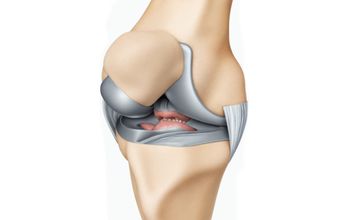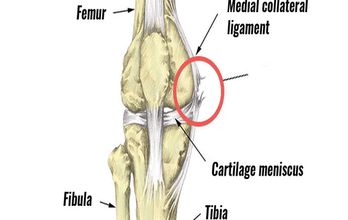







What does Permata Jonggol offer patients?
How many specialists are there and what accreditation's have been awarded to Permata Jonggol?
Plantar fasciitis is a condition in which the plantar fascia is inflamed. The plantar fascia is a thick ligament located across the bottom of your foot. It connects your toe with your heel bone. This condition is one of the most common orthopedic complaints and it causes pain at the bottom of your heel.
There are several types of treatment available to treat plantar fasciitis, including therapy, surgery, and other procedures. Your doctor will be able to determine the best type of treatment for you.
The recovery time will vary from person to person, depending on the severity of your condition and the type of treatment you have. With most types of treatments, you can go back to your normal routine within 1-2 weeks. With surgical procedures, you may need to wait for 3 to 6 weeks until you can go back to your normal routine. Whether you have a non-surgical or surgical procedure, it is important to increase the intensity and time of your activities gradually.
Most types of plantar fasciitis treatment are generally effective and safe. However, extracorporeal shock wave therapy has not been shown to be consistently effective. Plantar fasciitis treatment, with the exception of physical therapy, carries some risks and side effects, such as nerve problems, neuroma, recurring heel pain, infection, chronic pain, bruises, numbness, and swelling.




What does Permata Jonggol offer patients?
How many specialists are there and what accreditation's have been awarded to Permata Jonggol?






What does Permata Jonggol offer patients?
How many specialists are there and what accreditation's have been awarded to Permata Jonggol?
CONTACT SUCCESSFUL



